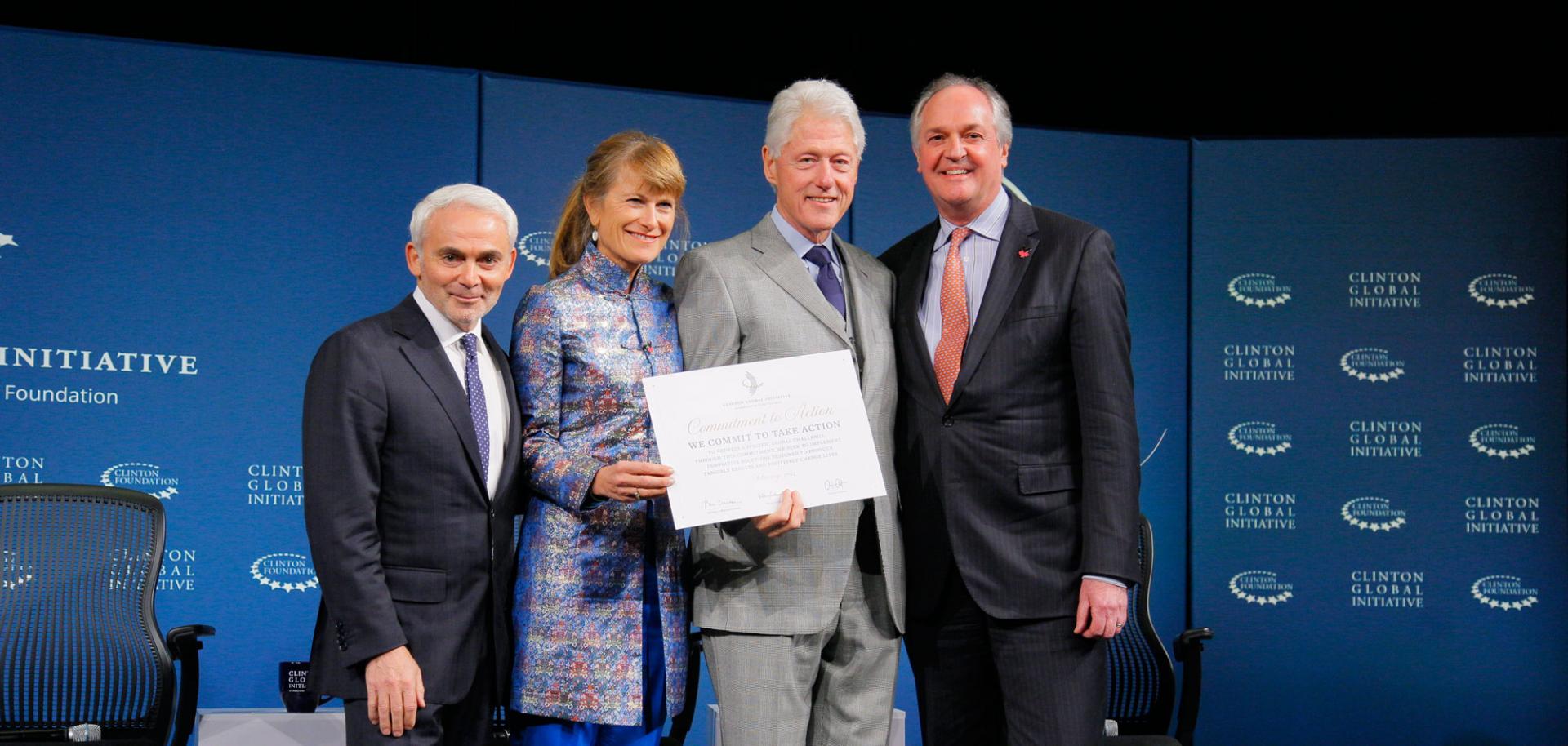Solving the Paradox of Corporate Philanthropy
 Charity is inherently an emotional concept. Nonprofits and organizations expose pertinent injustices and then provide an easy forum for people to help fix them. Donors feel an emotional connection, and it is that empathy that drives them to give up valuable time and money to help others.
Charity is inherently an emotional concept. Nonprofits and organizations expose pertinent injustices and then provide an easy forum for people to help fix them. Donors feel an emotional connection, and it is that empathy that drives them to give up valuable time and money to help others.
But corporations don’t have a heart. Corporations have expense and revenue streams, a P & L statements, a bottom line. It is therefore no surprise that corporate philanthropic efforts only amounted to $16.7 billion in 2013. It’s a shockingly low number — only 5% of the total $335 billion given to nonprofits, according to the Giving USA 2014 Report.
Is it possible to make philanthropy affect a corporation’s bottom line so that they would be much more likely to give to nonprofit organizations?
It really depends on how a company views its philanthropic donation. Many companies already see their contributions as short-term investments, which garner them positive PR and exposure, helping their bottom line in the process. But some companies are changing their lens, looking for any long-term value that the business may earn from such an investment.
Union Bank Foundation is a prime example. Although it gains positive marketing and exposure for donating philanthropically to low-income communities, the bank has an even higher expectation of return — healthy communities. Healthier communities attract more businesses, which attract more jobs, which convince people to buy homes and take out loans with the bank. By thinking ahead, Union Bank Foundation can start a domino effect that not only helps solve a pertinent issue, but also helps satisfy their stream of revenue.
Union Bank isn’t the only one thinking this way. The LA Times supports literacy. Amgen gives philanthropically to health causes for the same reason. But there are other benefits as well; as consumers start to care more and more about the social responsibility of the companies they engage with, socially conscious corporations become a much more attractive career choice than the alternatives.
Only time will tell if corporations will start to think bigger-picture about their philanthropic investments, but it is my feeling that those who do will reap the rewards.


